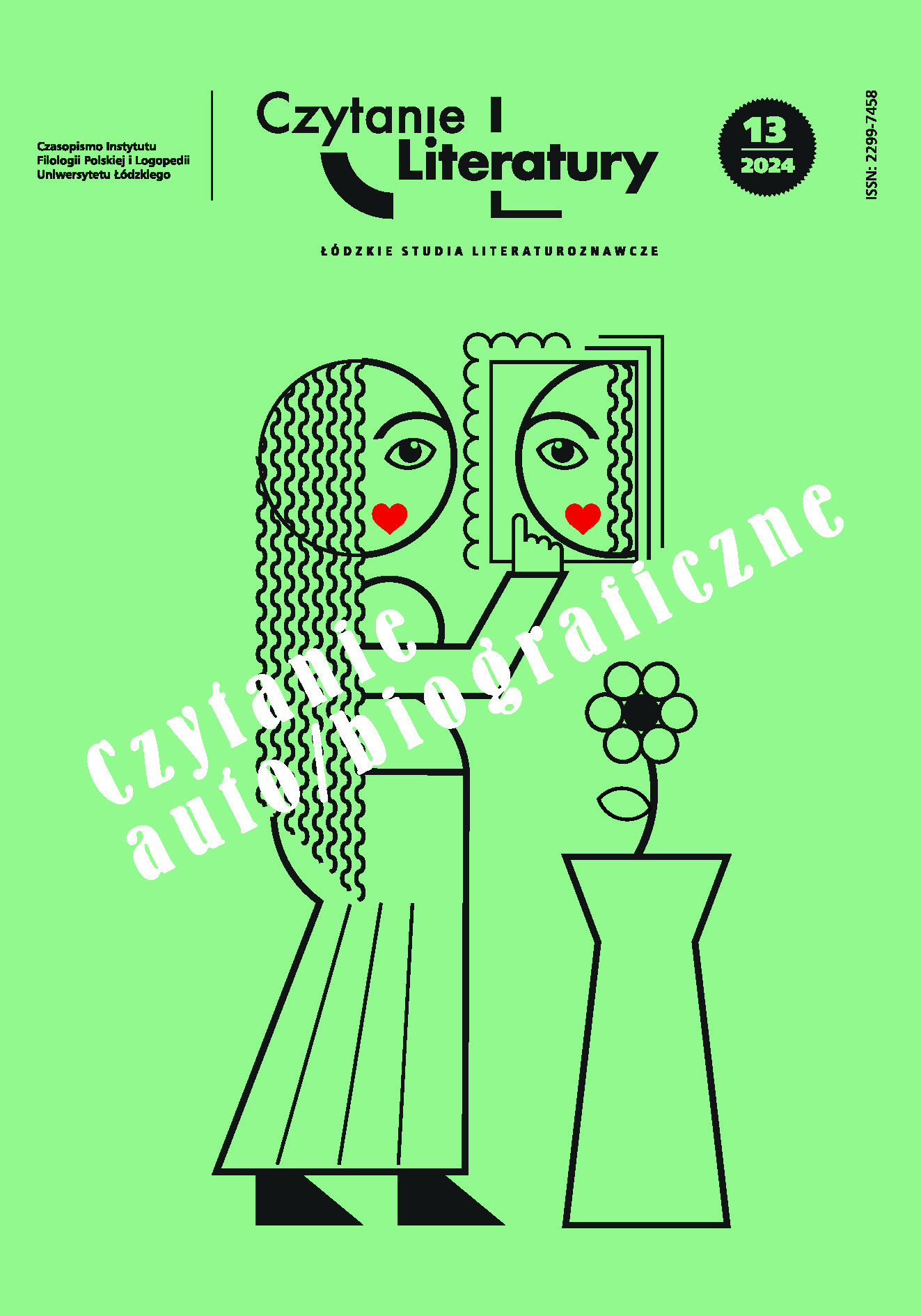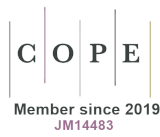Reportage family biography as a polemic against cultural ethos. On the problems of Kashubian religiosity in Welewetka by Stasia Budzisz
DOI:
https://doi.org/10.18778/2299-7458.13.13Keywords:
reportage, Kashubia, religion, identity, biographyAbstract
The purpose of this article is to analyse the image of Kashubian Catholicism in the reportage by Stasia Budzisz titled Welewetka. Jak znikają Kaszuby [Welwetka. How the Kashubian Region Disappears]. In the book, which takes the form of a reportage family biography, the author offers a new look at Kashubian cultural heritage and identity. The story of the reporter’s uneasy process of assimilating Kashubian traditions becomes an opportunity for her to take a critical look at the condition of the region and its cultural heritage. For this reason, Welewetka can be treated as a reporter’s polemic against the regional cultural ethos. Budzisz is particularly explicit in his criticism of Kashubian Catholicism. On the pages of the book it appears as internally inconsistent, negatively affecting local social relations and weakening the cultural specificity of Kashubia. Seen through the prism of reportage, Catholicism can be understood as a factor that obscures the image of regional culture. The reportage narrative, moreover, makes it possible to claim that its excessive social ennoblement contributes to the creation of an idealised, and therefore somewhat fictitious, image of the region’s inhabitants.
Downloads
References
Bednarek A., Religijność a tożsamość kaszubska na przykładzie młodych Kaszubów. Zarys zagadnienia w świetle literatury i wstępnych badań antropologicznych, „Etnografia. Praktyki, Teorie, Doświadczenia” 2015, nr 1, s. 40–58. https://doi.org/10.4467/254395379EPT.15.003.6468
Google Scholar
DOI: https://doi.org/10.4467/254395379EPT.15.003.6468
Bieńkowska A., Lęk – cecha i reaktywność emocjonalna a przesądność uczniów, „Psychologia Rozwojowa” 2009, nr 1, s. 71–80.
Google Scholar
Bokoszański Z., Tożsamości zbiorowe, Warszawa 2015.
Google Scholar
Budzisz S., Welewetka. Jak znikają Kaszuby, Poznań 2023.
Google Scholar
Dołowy-Rybińska N., „Nikt za nas tego nie zrobi”. Praktyki językowe i kulturowe młodych aktywistów mniejszości językowych Europy, Toruń 2017.
Google Scholar
DOI: https://doi.org/10.12775/978-83-231-5708-3
Domańska E., Dekonstruktywistyczne podejście do przeszłości, „Historyk. Studia Metodologiczne”, 2020, t. 50, s. 131–155. https://doi.org/10.24425/hsm.2020.134800
Google Scholar
DOI: https://doi.org/10.24425/hsm.2020.134800
Kanał Instytutu Kultury Miejskiej w Gdańsku na platformie YouTube https://www.youtube.com/@IKMGdansk [dostęp: 28.02.2024].
Google Scholar
Kaźmierska K., Czapliński P., Julkowska V., Biografia, [w:] Modi Memorandi. Leksykon kultury pamięci, red. M. Saryusz-Wolska, R. Traba, Warszawa 2014, s. 86–95.
Google Scholar
Kulbat W., Religia a zabobon, „Łódzkie Studia Teologiczne” 2011, t. 20, s. 129–144.
Google Scholar
Kupisiński Z., Koncepcje duszy i zaświatów w obrzędach pogrzebowych i zaduszkowych, „Roczniki Teologiczne” 2016, t. 63, s. 143–161. https://doi.org/10.18290/rt.2016.63.9-9
Google Scholar
DOI: https://doi.org/10.18290/rt.2016.63.9-9
Matławska I., Rośliny poświęcone świętym i ich zastosowanie, „Herbalism” 2022, nr 1, s. 130–142.
Google Scholar
Mielicka-Pawłowska H., Oczywistość kulturowa, a tożsamość ponowoczesna, [w:] Kim jestem? Kim jesteśmy? Antropologiczne i socjologiczne konteksty współczesnej tożsamości, red. D. Czakon, M. Boruta, Kraków 2012, s. 86–96.
Google Scholar
[Nota o autorce na stronie Wydawnictwa Poznańskiego], https://wydawnictwopoznanskie.pl/autor/stasia-budzisz/ [dostęp: 28.02.2024].
Google Scholar
Sobiecki M., Rola refleksyjności w kreowaniu tożsamości kulturowej – kontekst pedagogiczny, „Studia Pedagogiczne” 2017, t. 1, s. 81–89.
Google Scholar
Warnke A., Stasia Budzisz: Jestem bardzo krytyczna wobec Kaszub, https://culture.pl/pl/artykul/stasia-budzisz-jestem-bardzo-krytyczna-wobec-kaszub-wywiad [dostęp: 28.02.2024].
Google Scholar
Wasilewski J. S., Symbolika ruchu obrotowego i rytuału inwersji, „Etnografia Polska” 1978, z. 1, s. 81–108.
Google Scholar
Wiszniowska M., Autobiograficzne reportaże książkowe. Kategoria genologiczna i jej odmiany, „Zagadnienia Rodzajów Literackich” 2023, z. 2, s. 101–117.
Google Scholar
Żyrek-Horodyska E., Reportażowa saga rodzinna. Fuzja gatunków i dziennikarska archiwistyka, „Zeszyty Naukowe KUL”, 2019, nr 4, s. 133–148. https://doi.org/10.31743/zn.2019.62.4.07
Google Scholar
DOI: https://doi.org/10.31743/zn.2019.62.4.07
Downloads
Published
How to Cite
Issue
Section
License

This work is licensed under a Creative Commons Attribution-NonCommercial-NoDerivatives 4.0 International License.










